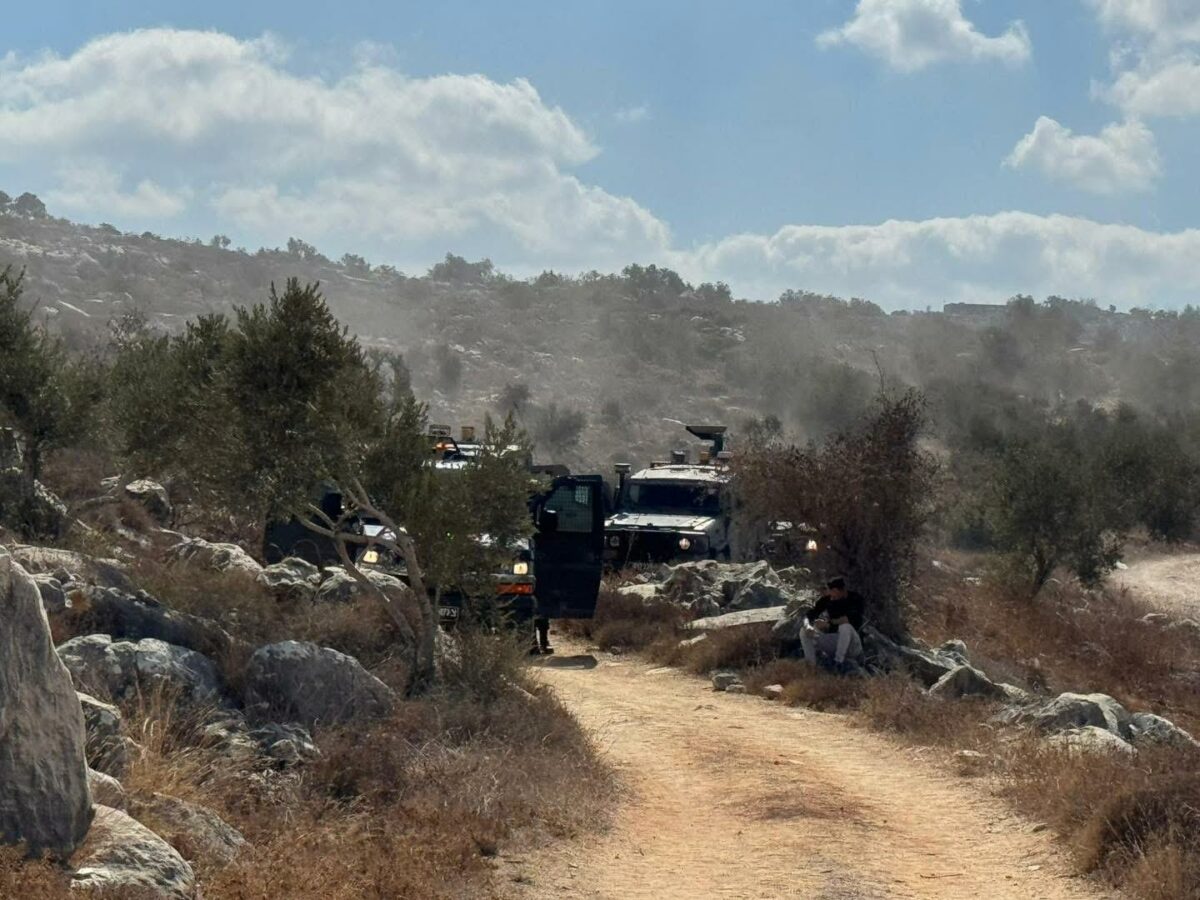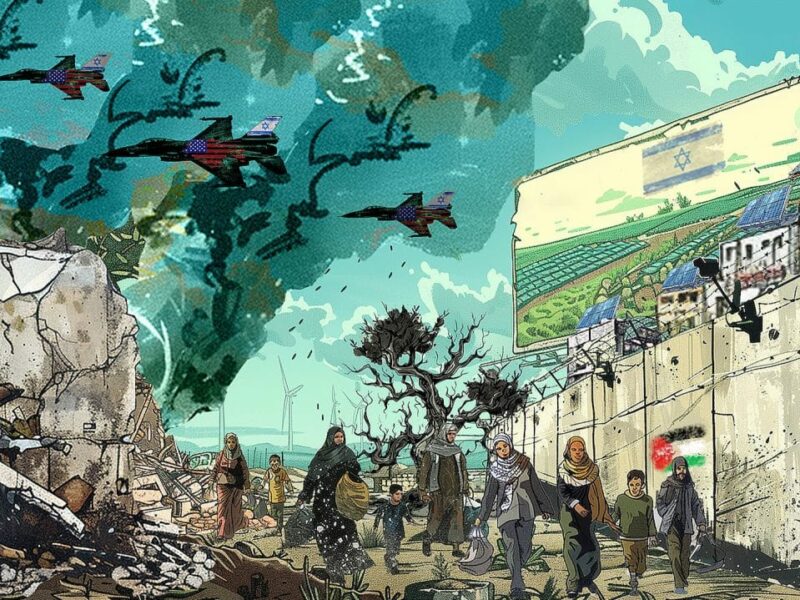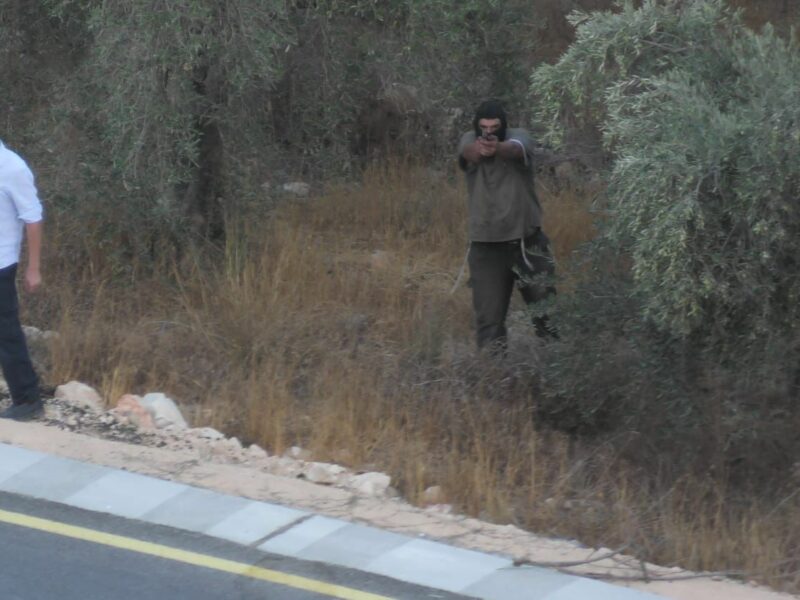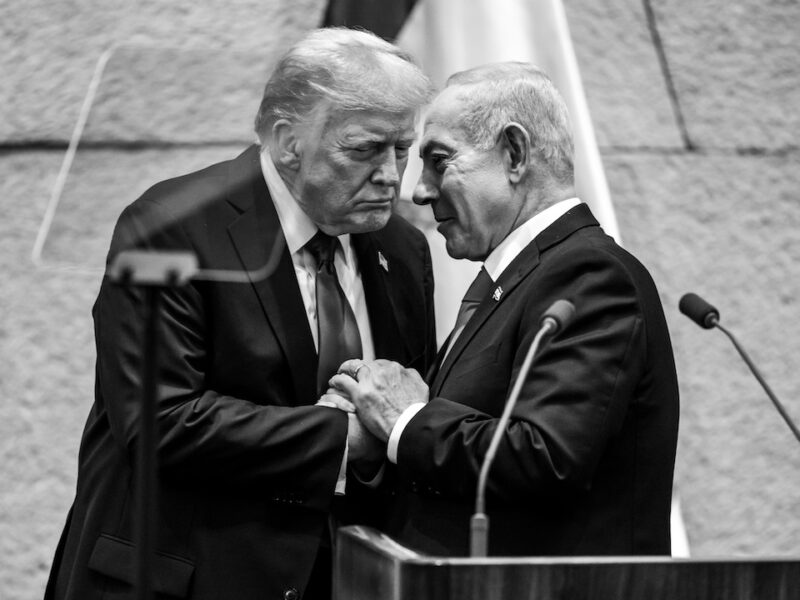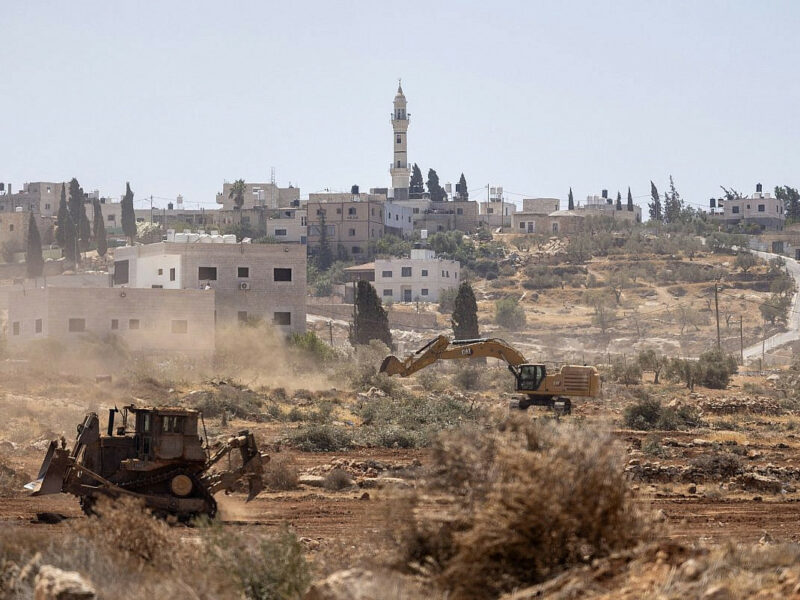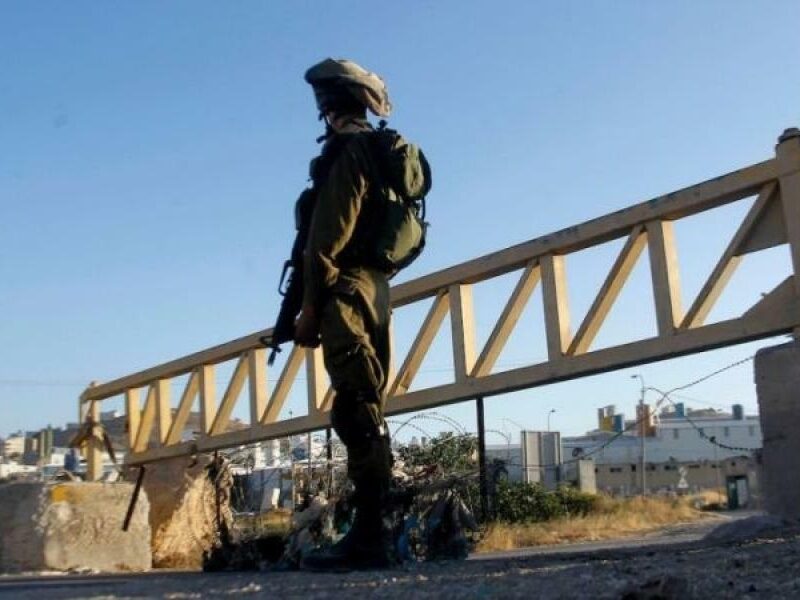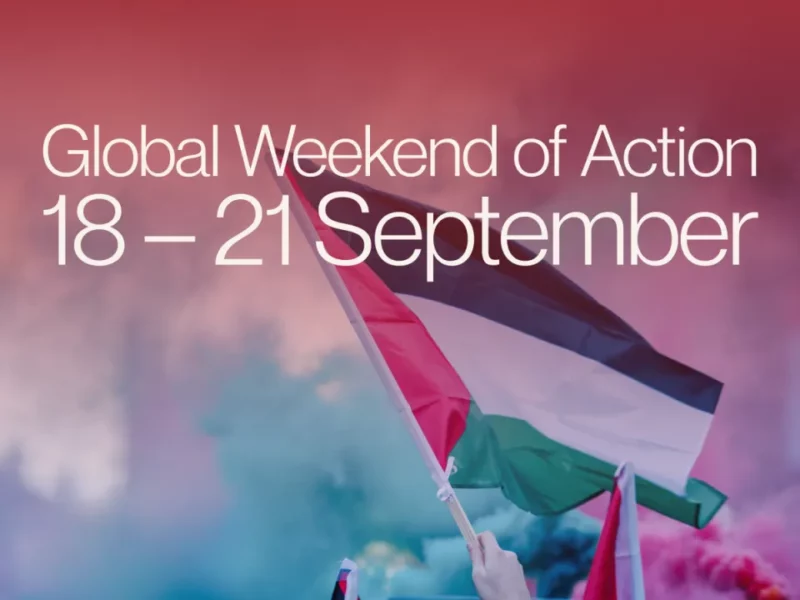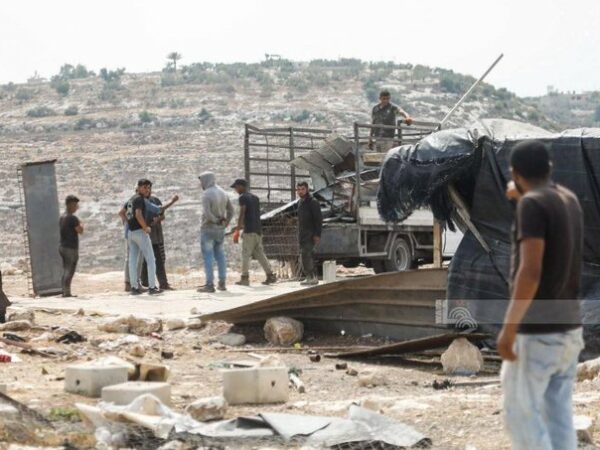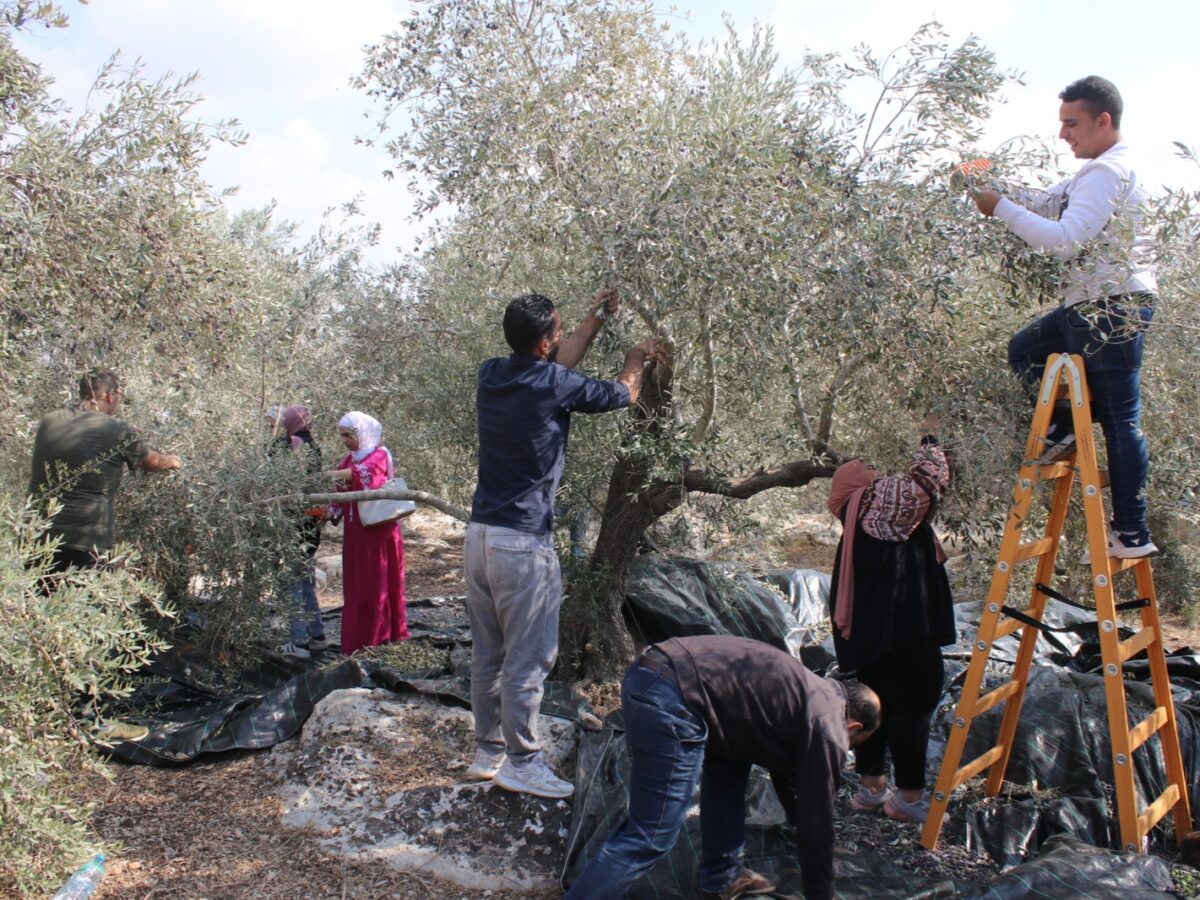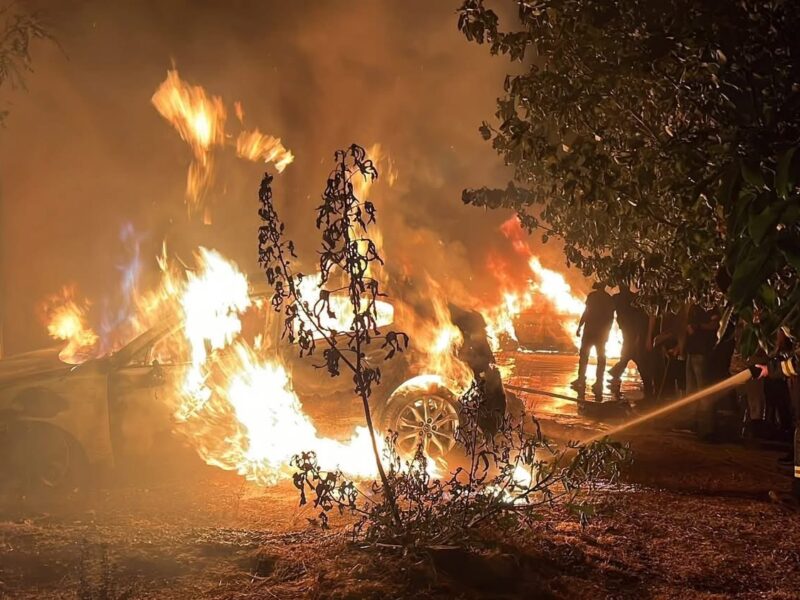SPECIAL
International law
On July 9 2004, the International Court of Justice (ICJ) issued an Advisory Opinion on the Legal Consequences of the Construction of a Wall in the Occupied Palestinian Territory. It confirmed that the Wall is illegal and ruled that Israel must dismantle it. It also specified the legal obligations of the international community pertaining to Israel’s illegal Wall.
In light of the noncompliance by Israel and the international community, legal experts and networks issued a joint letter on the significance of the ICJ Opinion in 2014, including the duties of third states and corporations.
The ICJ ruled that Israel’s Wall is illegal and must be dismantled because its construction entailed the seizure and destruction of Palestinian property and forcible displacement of Palestinians, and because the Wall would serve – by design of its path – the annexation of illegal Israeli settlements and occupied Palestinian land, and the demarcation of a new “Israeli border” in the West Bank.
On the same day the Advisory Opinion was published, the Stop the Wall Campaign issued a statement commenting that “This opinion will only mark an important event in the struggle against the Apartheid Wall and for Human Rights Law and International Humanitarian Law, if the UN, world governments and the international community demand the implementation of the opinion and act to sanction Israeli Apartheid for its crimes against the Palestinian people […]”
ISSUES

More on the ICJ ruling
Access quick info and documentation regarding the ICJ’s Advisory Opinion on the Wall

Occupation / Apartheid / Settler Colonialism
You can use these essential guidelines “Advocating for Palestinian Rights in Conformity with International Law” to consolidate your arguments

Third State Obligations
This memorandum provides a legal framework for holding States accountable to their legal obligations vis-à -vis the illegal Israeli settlement enterprise.

Corporate Impunity
Documentation on the obligations of corporations and campaigns to end their complicity in Israel’s occupation, apartheid and colonialism.
Show more
THE RULING OF THE INTERNATIONAL COURT OF JUSTICE
The ICJ confirmed that Israel’s Wall and its associated legislative and regulatory regime are illegal and part of the larger illegal Israeli settlement enterprise in the occupied Palestinian territory. It recognized that “the construction of the wall and its associated régime create a `fait accompli’ on the ground that could become permanent, in which case …it would be tantamount to de facto annexation” of the majority of Israel’s illegal settlements in occupied Palestinian land (§ 121-122).
Based on the above, the Court found that, by constructing the Wall, Israel is in breach of the prohibition on the acquisition of territory by force and the right to self-determination of the Palestinian people. These are peremptory norms that are binding on all States and from which no exceptions are permitted.
Hence the Court ruled that Israel’s violation of these norms, as well as its serious violations of international humanitarian law, are of concern to the entire international community, and result in legal obligations for all States and the United Nations: the obligation to cooperate to bring to an end the illegal situation resulting from the Wall, and the obligation not to recognize the Wall as lawful and not to aid or assist the maintenance of the illegal situation created by it.
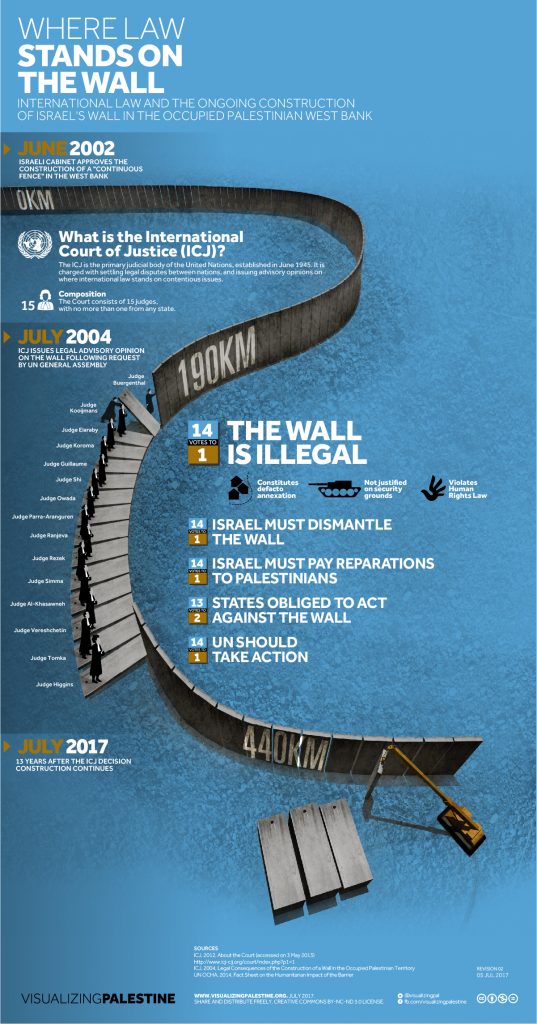
The Wall as a tool of apartheid
Since the start of its construction, Palestinians have considered the Wall an “apartheid” Wall, meaning a tool of racially segregating Palestinians. The International Convention on the Suppression and Punishment of the Crime of Apartheid treats racial segregation as one of the “inhuman acts” of apartheid, defining it as “measure[s] designed to divide the population along racial lines by the creation of separate reserves and ghettos for the members of a racial group or groups”. The Wall is, thus, a tool of the broader crime of apartheid, which is defined as “inhuman acts committed for the purpose of establishing and maintaining domination by one racial group of persons over any other racial group of persons and systematically oppressing them.”
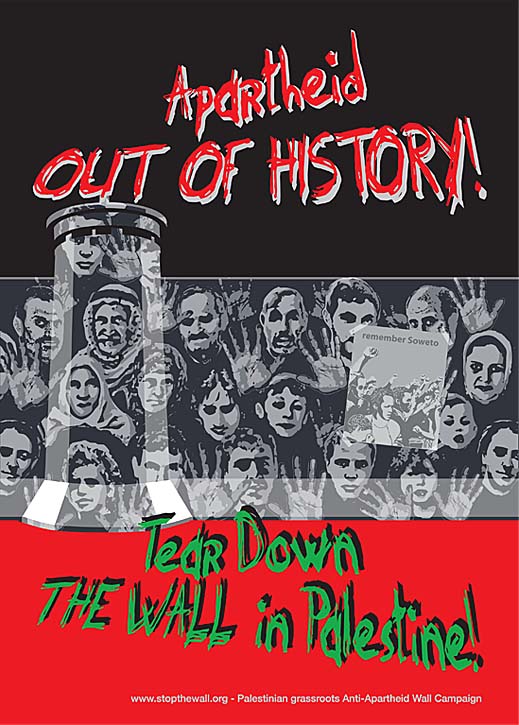
Recognition of the apartheid-nature of Israel’s regime is important, because it exposes the fact that Israel’s regime over the Palestinian people per se is illegal and criminal, and not a lawful reality with certain ‘flaws.’
The State of Israel has benefited since its inception from the diplomatic, economic and military protection provided by powerful states of the Global North, in particular former colonial powers and states which, like Israel, were established by means of settler colonialism and the ethnic cleansing of indigenous nations. They give Israel diplomatic protection in UN bodies, including vetoes in the UN Security Council, and shape and uphold the dominant legal and diplomatic narrative, which denies and trivializes Israel’s serious violations of international law and Palestinian human rights.
One example is the unwillingness to recognize Israel’s continuing presence in the West Bank, including East Jerusalem, and the Gaza Strip as anything else but “belligerent occupation,” which is the only internationally recognized regime that allows Israel to be lawfully present and control the Palestinian territory conquered in the war of 1967. Israel’s flagrant violations of international humanitarian law and human rights are being criticized and condemned, but its regime per se has never been declared illegal.
Independent international law experts, as well as human rights organizations, have for many years raised the need to acknowledge that Israel maintains an illegal and criminal regime over the Palestinian people.
UN Special Rapporteur Michael Lynk demonstrated in 2017 that Israel’s regime in the OPT must be considered illegal, because it contradicts all of the core principles of lawful “belligerent occupation”: i) the prohibition of annexation and respect of the right to self-determination of the sovereign population; ii) temporariness (to be distinguished from indefiniteness); and, iii) the duty to act in the best interest of the occupied population.
Further, a substantial body of expert findings has confirmed that this illegal Israeli regime is a regime of apartheid as defined in international law. In 2007 UN Special Rapporteur John Dugard first alerted the United Nations (A/HRC/4/17) that Israel’s occupation shows many of the features of colonialism and apartheid. Other sources include:
- the 2011 (A/HRC/16/72) and 2014 (A/HRC/25/67) reports of UN Special Rapporteurs on Human Rights in the OPT,
- “Occupation, Colonialism, Apartheid?”, a study sponsored by the Human Sciences Research Council of South Africa (2009),
- “Israeli Practices toward the Palestinian People and the Question of Apartheid”, a report by the UN Economic and Social Commission for Western Asia (ESCWA, 2017, subsequently removed from UNESCWA’s website upon instruction of the UN Secretary General),
- “Apartheid, International Law, and the Occupied Palestinian Territory”, an analysis published in the European Journal of International Law (EJIL, 2013),
- the conclusion of the session of the Russell Tribunal on Palestine held in in Capetown, South Africa (2011),
- Concluding observations by the UN Committee on the Elimination of Racial Discrimination (2007, 2012, 2020 – see for example, CERD/C/ISR/CO/14-16 (9 March 2012)).
Acknowledgement of the illegality of Israel’s regime over the Palestinian people, and investigation of Israeli apartheid by the United Nations and its members, are necessary steps for dismantling the very narrative that has enabled Israel to continue its long-standing practice of de facto and de jure annexation of occupied Palestinian territory, and of forcible displacement, segregation and exile of the Palestinian people.
DONATE NOW
Join the Stop the Wall Campaign to tear down Israel’s apartheid Wall!
Our joint struggle is becoming the weak spot for the Israeli occupation.
YOU CAN MAKE A DIFFERENCE!
We are strong with you standing with our struggle!

